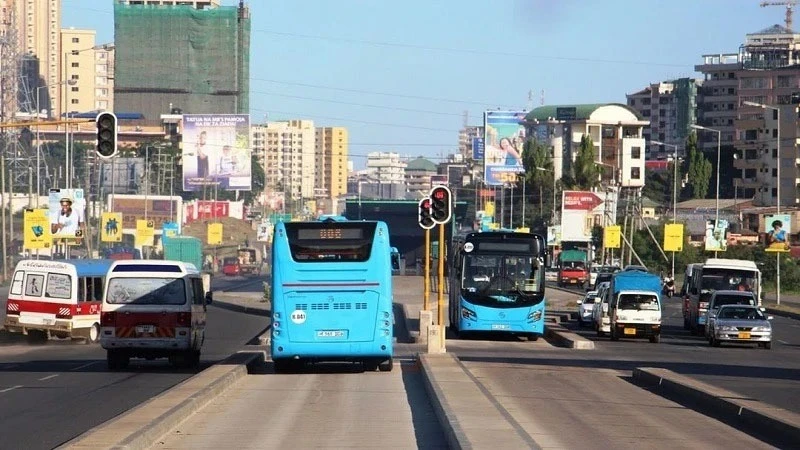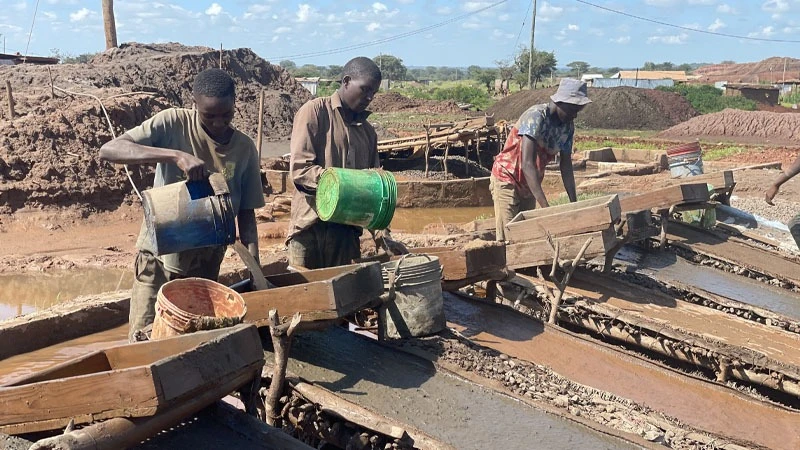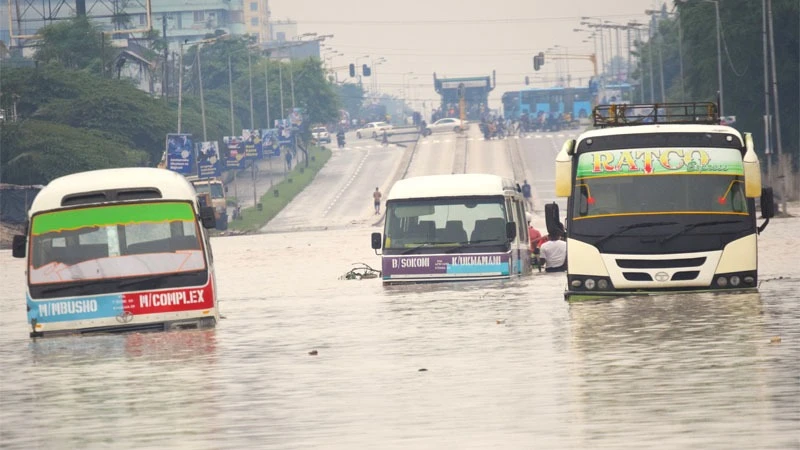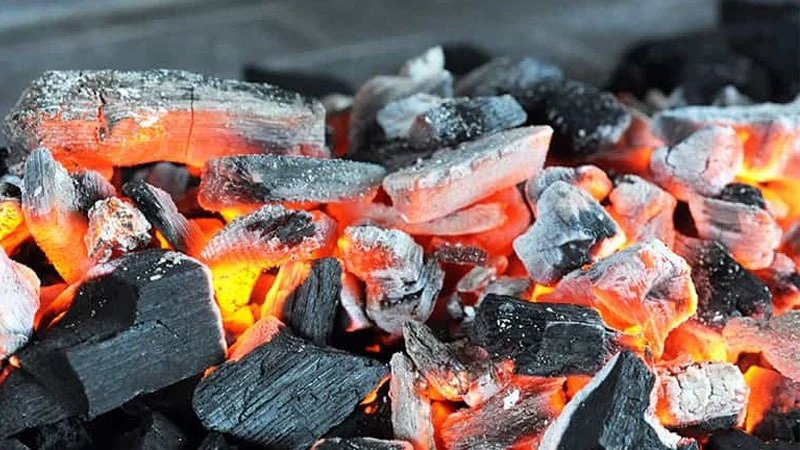Neighbours should help Burundi, even given their own nightmares
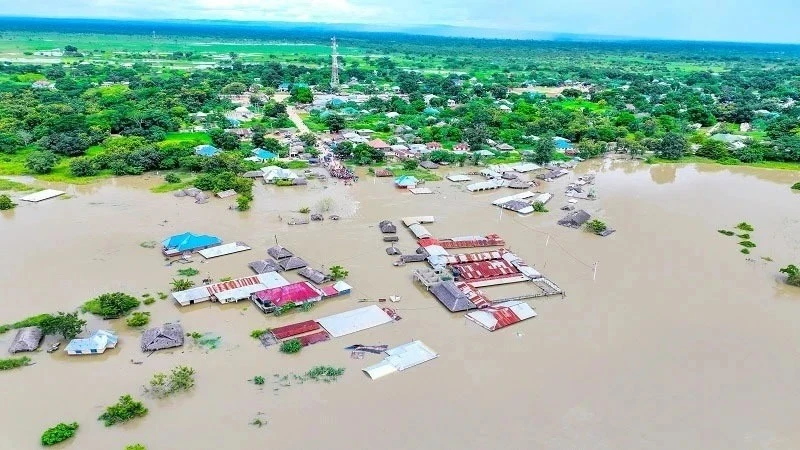
WHILE we are experiencing weeks of destructive flooding and subsequent displacement of people each passing day, it is not out of question to actively sympathize with those near our borders who are in even more perilous situations.
Reports in regional and international media talk of large numbers of people in Burundi struggling to cope with flooding after months of heavy rains.
Hundreds of thousands are being displaced as homes, schools and other public facilities are damaged or destroyed, and one can imagine how much the government there has to face up to.
Ordinarily, governments are expected to have something in reserve or in store – something meant for the rainy day, the difference being that this is an expression glancing at a household unable to cook as the wood is too wet to be usable.
The situation there includes this aspect but more significantly they have nowhere to sleep and even find food when everything is washed away, as we have seen here with the Hanang’ or Rufiji situations.
Trouble is that the rains aren’t stopping anytime soon, and no one knows what more disruptions the weather may bring up in various localities – particularly to infrastructure.
That evident uncertainty will likely hold the hands of decision makers from moving to take something out of the store.
But there is every reason to make an effort to see what we, however only sparingly more fortunate we may be than they are, can spare. It could be in our capacity as a nation (government) or as individuals.
Saying that all this ought to be left to the international community would amount to excessive dependency and in a way add to misfortunes, as helping someone in need is itself a prayer to have the same avoided in one’s own regard.
It isn’t proof that no misfortune will occur but we all need benediction so as to avoid the worst. And the regional setting implies structured sympathy.
If someone’s house is burning, neighbours will ordinarily do what most they can and with whatever means they can muster to save people and salvage whatever they can.
They will not just stand idle or remain inside and ring the fire and rescue brigades as that would be grossly unbecoming.
What forms a community is sympathy, in line with the adage to the effect that a friend in need is a friend indeed.
Moving to chip in with assistance would not necessarily suggest that we care for our neighbours intensely but firstly that we are aware of duty to assist anyone in danger.
There is some reciprocity about helping those in need and remaining just and fair among ourselves. That a family which cares about a neighbour or relative in need is unlikely to show a lack of interest in the lot of a family member if something negative were to happen.
The spirit of charity is a defensive enzyme and not a just a proactive, outstretched function directed to the needs of others but having no relevance to our own needs. Of course, this should not mean seeking to do the impossible.
Charity is a confirmation of civility. Ignoring it when an appeal whether silent or otherwise rings out damages the fabric on which that very family, entity or society is built and could elicit negative impressions.
Top Headlines
© 2024 IPPMEDIA.COM. ALL RIGHTS RESERVED







